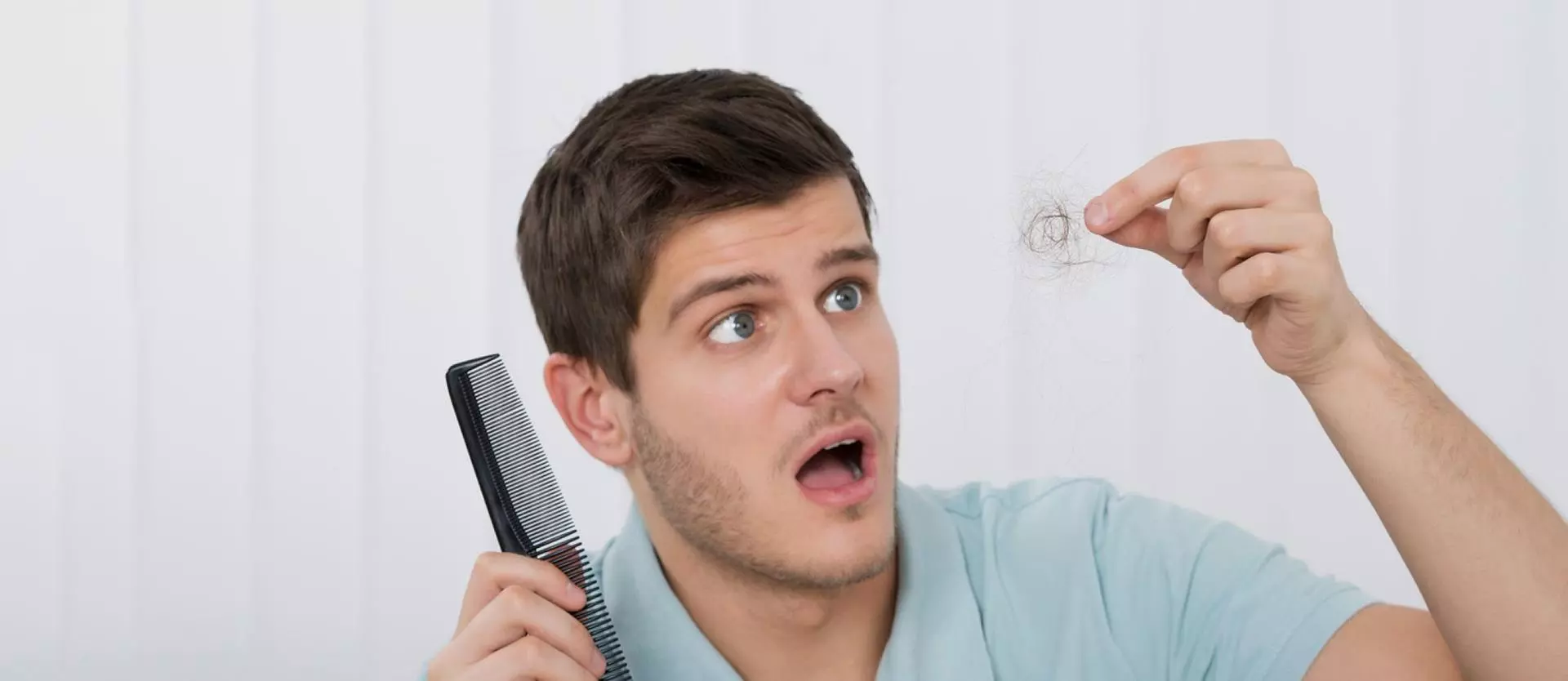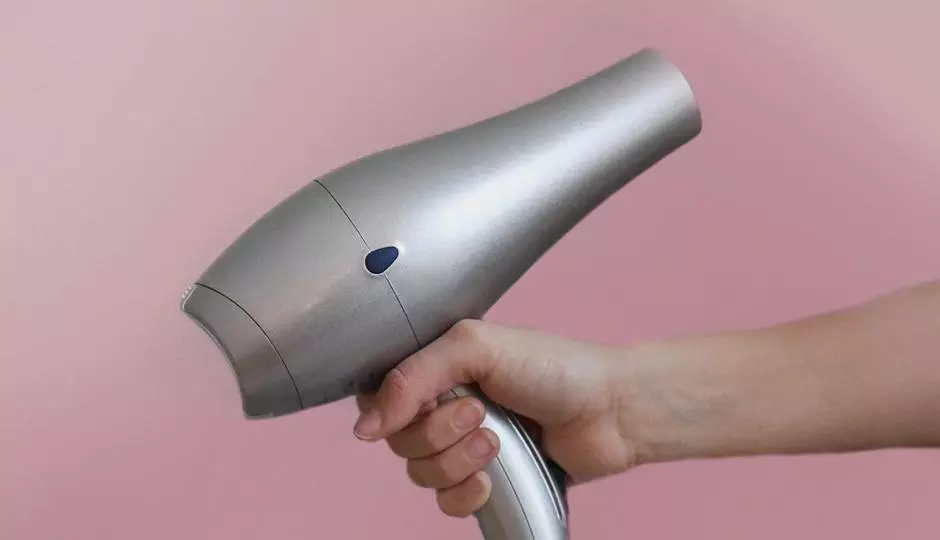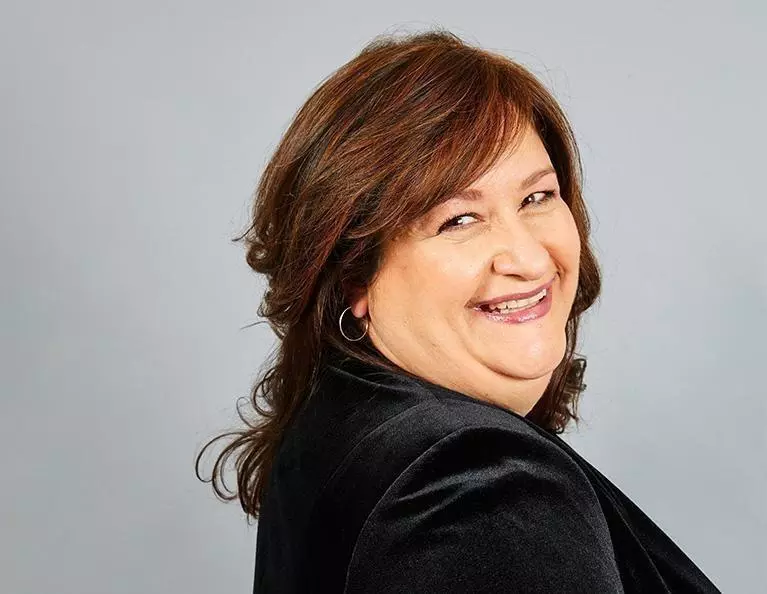How do you know if you are losing too much hair? It’s a common question that many hair stylists are asked on a regular basis. The good news is that most people are not actually seeing a significant amount of hair loss. Rather, they are experiencing hair shedding, the process of losing hair through the normal hair growth pattern. It’s important to choose the right time to get help. Losing too much hair is indicative of an underlying health ailment or complication. But, how do you know the difference?
What Is Hair Shedding?
The hair growth cycle lasts between 2 to 7 years. During that time, not all of your hair follicles are producing hair. In fact, about 30 percent of your hair or more is not growing at any given time. That also means that, at various times, you’ll see hair fall out. Sometimes, it can see like a lot of hair loss. Hair shedding is the body’s natural process. During the three-stage cycle, one component involves the loss of the hair. It falls out, and then the follicle becomes dormant for some time.
When hair falls out like this, it’s called hair shedding. And, it is normal. It’s expected to happen. In fact, you should see hair shedding every day. Most people will lose between 50 and 100 hairs a day. You may notice it in the shower or in your hair brush. Hair shedding can involve a significant amount of hair falling out. However, it typically results in hair regrowing from the same follicle. This is unlike hair loss, which leads to permanent or semi-permanent loss.
There are some situations in which hair shedding can occur in clumps. Excessive hair shedding isn’t uncommon and in some cases it can be worrisome to the individual. It doesn’t have to be. It’s common for hair shedding to occur in the following situations:
- You’ve lost more than 20 pounds.
- You had a high fever.
- You are a woman that just gave birth.
- You’re under a significant amount of stress – physically or emotionally.
- You’ve undergone an operation or other physical ailment.
- You are a woman that stopped taking birth control pills.
- You’re recovering from a significant illness.
If this has happened to you in the last month or more, it is likely to cause a sudden “burst” of hair falling out. This is hair shedding and, usually without doing anything about it, your hair will grow back.
When Is It True Hair Loss?
Hair loss isn’t uncommon either. However, it does warrant a conversation with your medical doctor and your hair professional. In hair loss, something causes your hair to stop growing. There are many reasons that this can happen for women and men. Some of the more common causes of hair loss include:
- Your immune system triggers hair loss.
- You’re taking medications or undergoing procedures or treatments such as chemotherapy that stop hair growth.
- You use hair products that are damaging.
- You have hereditary hair loss.
- You have a compulsion to pull your hair.
- You tie your hair up so tightly that it pulls it out.
If you are experiencing hair loss that seems sudden or you notice your hair thinning without hair growing back, it is important to seek out your doctor’s care. Many times, hair loss can occur suddenly, but that’s not the most common situation. Most people experience hair loss over time, but a significant amount of hair loss should be seen as a symptom of an underlying health problem.
So, do you have hair loss or hair shedding?
The best indication of this is what happens after the hair is lost. Does it grow right back? If so, that’s most likely hair shedding taking place. In this situation, you can expect for the hair loss to occur only during those symptoms (such as high fever or high-stress times). On the other hand, if you have hair loss that doesn’t seem to grow back right away, that may indicate that you are suffering from a more permanent hair loss. Keep in mind that treatments are available to help you, even when you are experiencing true hair loss, to see your hair grow back. Many people can restore their hair loss with proper care. To learn more about treatment options for hair loss, contact the team at Unique Hair Concepts.






